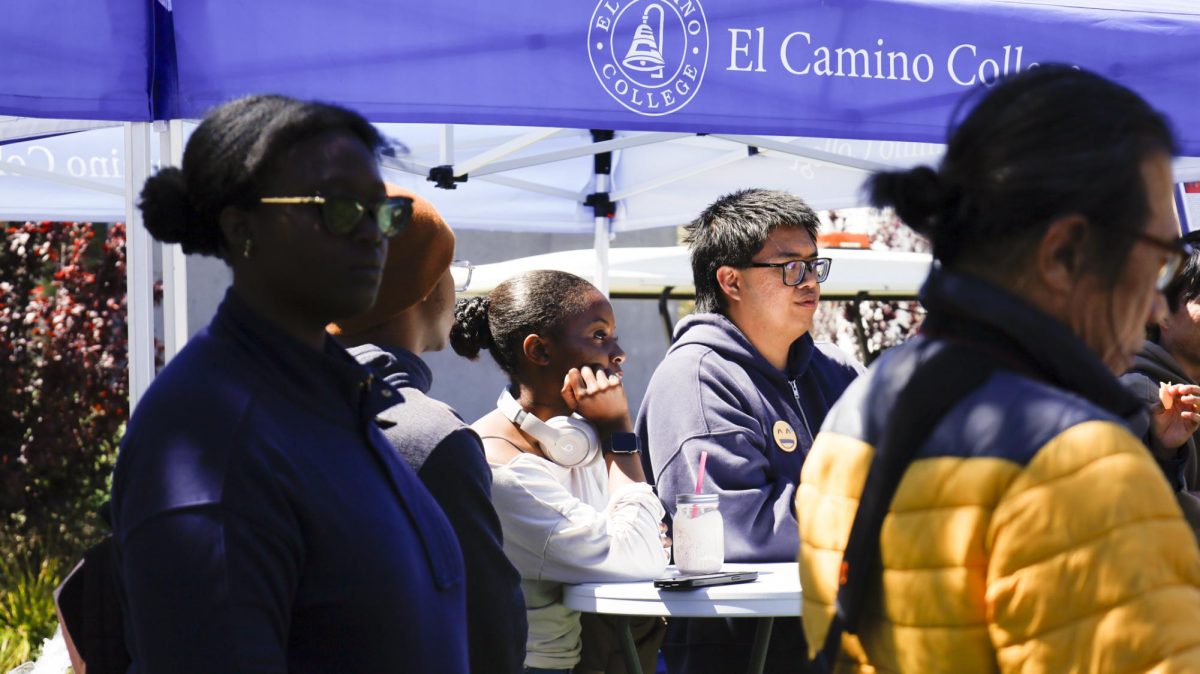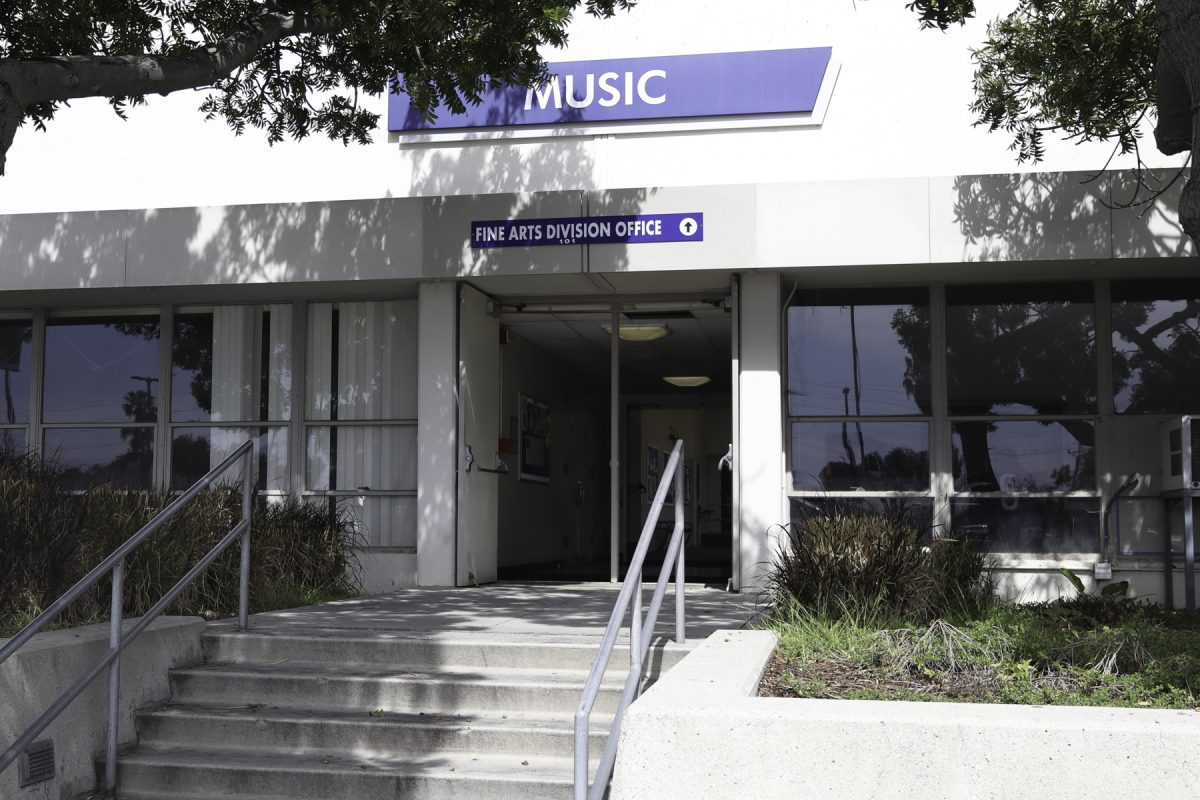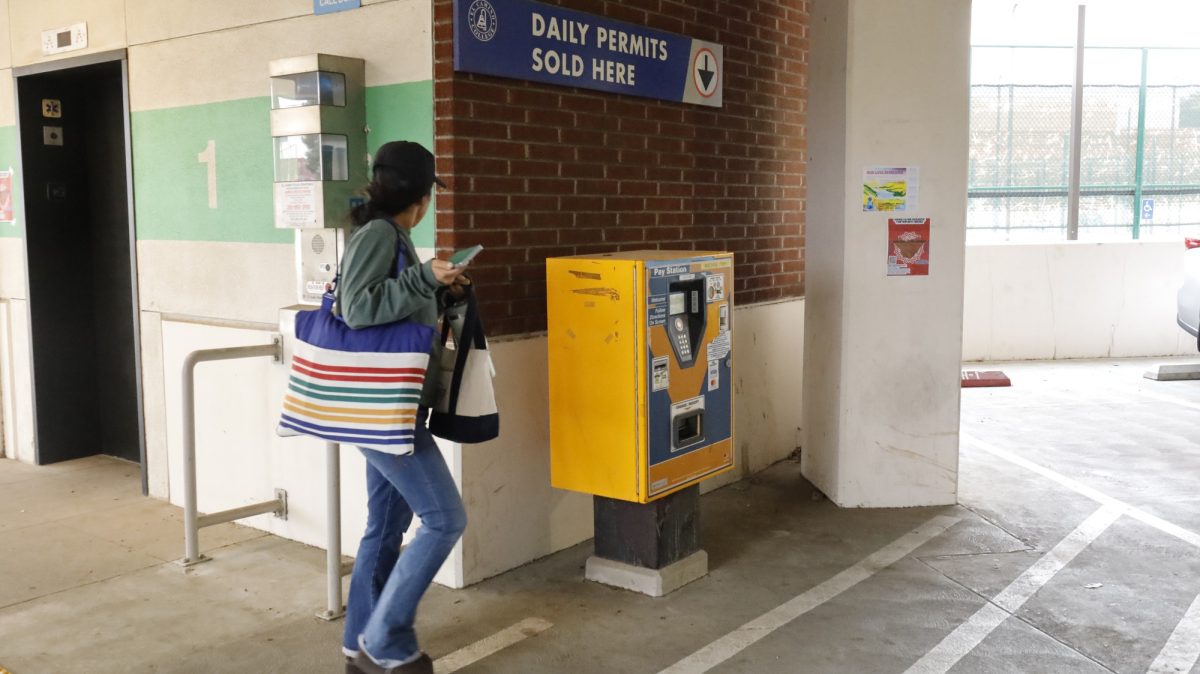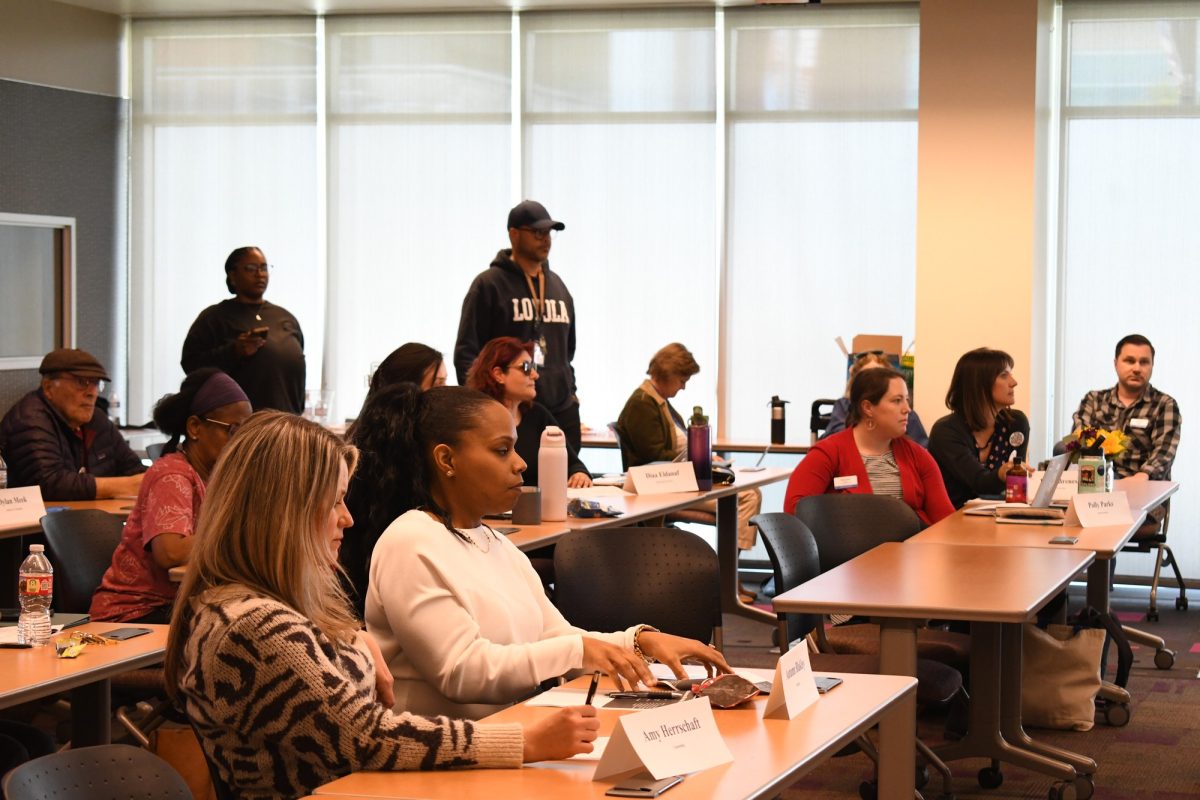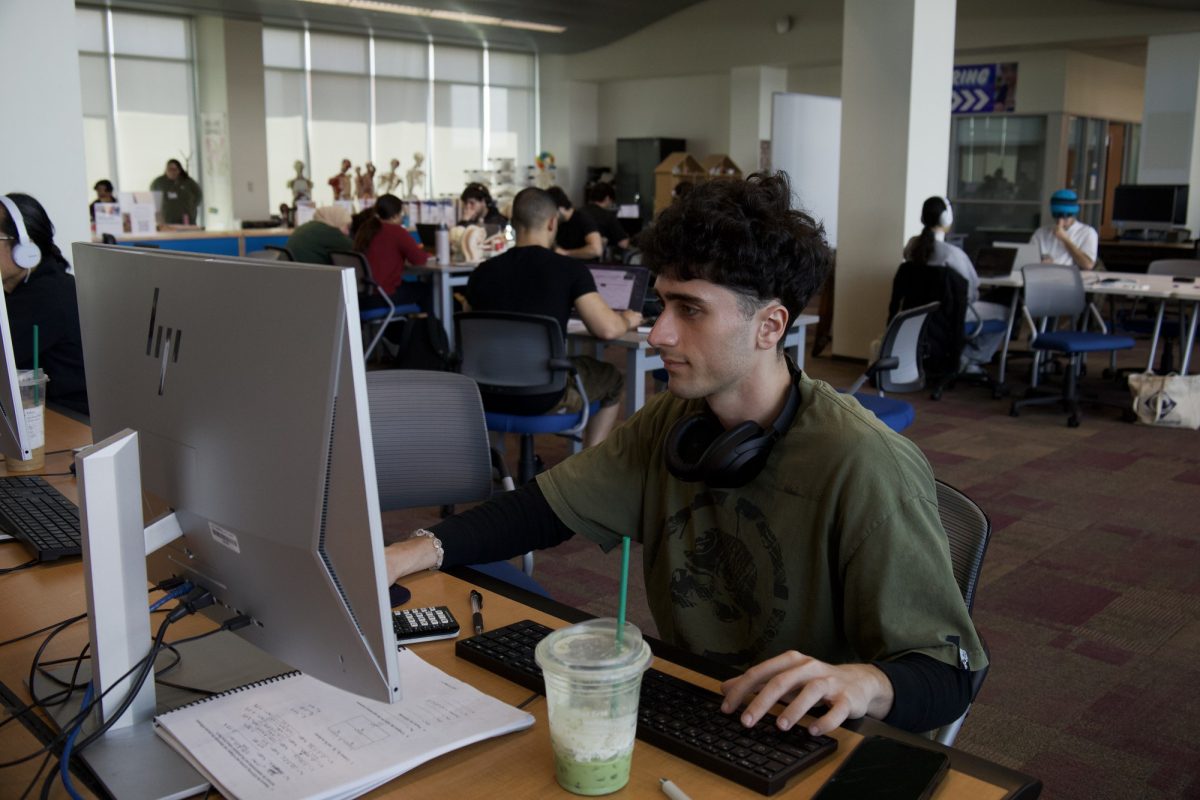Areli Fernandez Perez was only four years old when her parents decided that she would have more opportunities in the United States than in Mexico.
Years later, Fernandez Perez was ready to graduate from Torrance High School and wanted to seek a higher education. However, her parents didn’t have the money to pay for her college expenses.
Fernandez Perez, 19, a sociology and criminal law major is one of 837 AB540 students who pay in-state tuition and apply for financial aid, among other things that allow them to keep coming to El Camino College.
Under California Assembly Bill 540, certain nonresident students are eligible to pay in-state tuition and undocumented students are included in this group, according to the California Legislative website.
“I did the California Dream Act Application and I also applied for EOPS and FYE,” Fernandez Perez said.
Since Donald Trump took office, more than 41,000 suspected undocumented people were deported to their home countries, according to a BBC news article.
Despite all the threats Trump has made against the immigrant community saying that he is going to deport them, there are still institutions that protect them.
EC is one of them. According to officials, all the information that students provide to them are protected and they do not share it with anyone outside campus.
For this reason, officials encourage undocumented students to apply to a college or university and to apply for financial aid because they are safe on campuses.
The California Dream Act Application (CADAA) is a state-sponsored financial aid source for undocumented students, much like the Free Application for Federal Student Aid (FAFSA), but for documented students.
“Students who complete the California Dream Act for the current academic year can get their tuition paid by using the Board of Governors’ (BOG) Fee Waiver, which will now be called the California College Promise Grant starting in the fall,” Student Services Adviser Lizet Salazar said.
Salazar said that students who enroll in 12 or more units can get $1,104, which covers spring, summer, fall and winter tuition.
Additionally, full-time students may be eligible for Cal Grant B.
Cal Grant B provides funds to students to pay for their education materials such as living expenses, transportation, books and supplies, according to the California Student Aid Commission website, a state agency that has been responsible for managing financial aid programs for students in California since 1955.
“They could get $1,672,” Salazar said. “Students will get half in fall and half in spring, which will be mailed to their home address.”
Students who are eligible for Cal Grant B and who also continue their full-time enrollment can also get the “Full-time Student Success Grant” of $1,000, which is also divided in two for the whole year.
According to the CA Student Aid Commission website, in order for undocumented students to apply for financial aid, they need to be AB540, have a U-Visa or be a Temporary Protected Status (TPS) recipient. Also, they need to live in the state of California and have or be on track to earn a high school diploma or a GED.
On the other hand, EC offers scholarships to students and they can get up to $5,000 in scholarship money to use for their education to pay for enrollment and school supplies.
The El Camino College Foundation gives over 600 scholarships every year, but this year it’s providing more than 700 scholarships.
“Most of the scholarships are $1,000, that’s the average amount,” Executive Director of the EC Foundation, Andrea Sala said.
Sala said that there is a scholarship for everyone but they need to apply for a chance to get one. AB540 students also are eligible to apply for scholarships through the foundation, which can help students to cover enrollment fees and school supplies like books or even a computer, Sala said.
Salazar agrees with Sala that undocumented students should not be afraid because a lot of colleges and universities are creating a safe environment for them, so they can get a better education for free.
“The schools always have a career center, and ask for help and be honest and don’t be afraid and don’t be shy,” Salazar said. “Talk to someone you trust and tell them you’re undocumented and how they can support you.”
Like Fernandez Perez, many other students do not know about how they can apply for financial aid and that’s why she encourages them to do research because there are so many ways that undocumented students can afford to go to a community college or a four-year university.
Another way that AB540 students can get financial aid is through the Extended Opportunity Programs and Services (EOPS), where they can get help with tutoring and book vouchers; students can also use the computer lab to do their school work.and print.
“Before not knowing all this, I was thinking about (coming to school) because I didn’t have the money to pay tuition,” Fernandez Perez said. “Besides, you have to think about all the extra money you need to put in order to come to school.”




